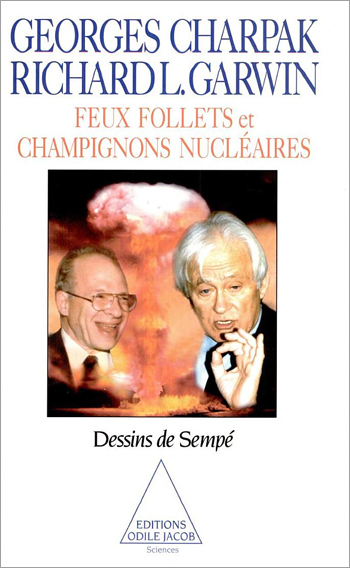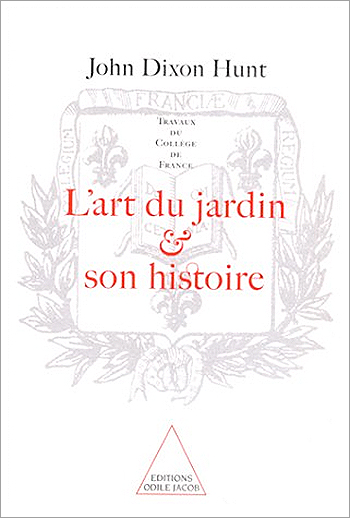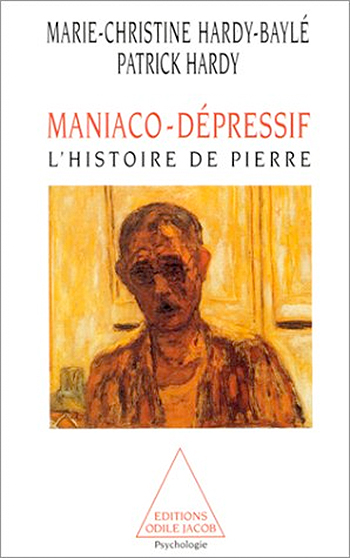Catalog All books

Florence Burgat
The Animal, My Relation
On one hand, men exploit, manipulate and slaughter animals. On the other hand, they let animals interfere with their lives, pollute them, and sometimes dominate them. Since the classical Age, Man has sought to define himself in his opposition to animals. Claiming for himself the most noble faculties - consciousness, thought, esthetic sense, morality - he represses his own animal side, notably his sexuality. But Florence Burgat goes beyond this negative statement. She walks in Jean-Jacques Rousseau's steps, claiming that men, like animals are sensitive beings, liable to suffer. On this basis, she proposes a new morality. Florence Burgat is a philosopher, and works at the Laboratory of Social Anthropology of the College of France.

Georges Charpak, Richard L. Garwin
Power People and Nuclear Mushrooms
How can we control nuclear power ? This question has been preoccupying Georges Charpak and Richard Garwin for a long time. They here engage themselves in a thought-process concerning the stakes of nuclear power in civil society and the military. It is high time to see the issue clearly, and steering clear of sterile polemics, to denounce the true risks. This book describes in detail everything we need to know about the question : what is a chain reaction ? What exactly happened at Chernobyl ? What should be done with radioactive waste ? How are nuclear arms made and what would future war confrontations be like ? etc... Georges Charpak is a Nobel Prize winner in physics. Richard Garwin is a nuclear physicist.

John Dixon Hunt
The Art of the Garden and its History (Product of the Collège de France)
What can a garden reveal about ourselves and our culture ?

Michael S. Gazzaniga
The Social Brain
This book investigates the concepts of the "right brain" and the "left brain". According to the author the brain is most certainly made up of relatively autonomous modules which react independantly to environmental pressures. At least one of the modules, situated on the left side of the brain, is responsible for the interpretation of answers which may be contradictory with others, whereas yet another module on the same side translates into words the result of this interpretation. So, instead of being a unique, monolithic system that we imagined, the brain would appear to be a collectivity of systems - a social brain. This approach enlightens us as to the functioning of the human brain, and according to Gazzaniga, affects the very roots of our belief systems and societies. Renowned American neurologist, Michael Gazzaniga is Director of the Cognitive Neuroscience Division of Cornell University and chairman of Neuropsychology.



